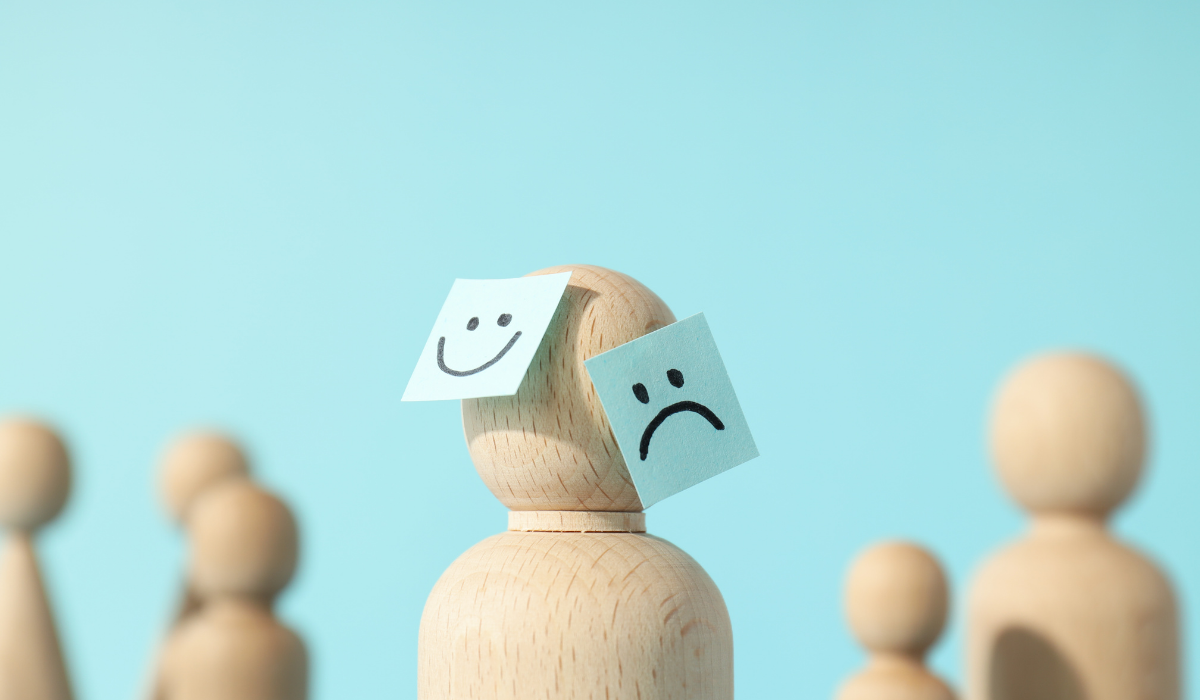Rates of mental illness are at an all-time high in Australia, with 1 in 5 people experiencing an episode of mental illness each year. Corresponding to this, visits to GPs for mental illness related concerns, uptake of psychological services, and prescription of anti-depressant and anti-anxiety medication have soared.
This has put the importance of early intervention and prevention clearly in the spotlight. In this respect, it is fair to say that one domain in which prevention has been taken seriously is within organizational health, safety, and environment practices. Organizations have been relatively quick to see the benefits of providing effective support to their staff, and thereby, avoiding the enormous and increasing costs of lost productivity and workplace injury due to mental illness. Yet, a closer look at how this has been rolled out reveals that too often underlying causes of mental ill-health in the workplace have been left unaddressed. The tide, however, is beginning to change.
What is first wave early intervention?
A brief review of first wave interventions designed to respond to mental illness in the workplace reveals two recent trends.
The first has been programs designed to raise awareness and knowledge of mental illness, such as mental health awareness or mental health first aid training. These programs have aimed to equip staff with the skills to identify and respond to early signs of mental illness in themselves or their work colleagues. The early intervention credentials of these approaches is grounded in the goal of building capability within an organization to identify and respond early to signs of mental illness, provide support and seek appropriate referral, before employees reach a crisis point or experience more serious breakdown.
The second recent trend has been to go beyond raising awareness of early signs of mental illness and seeking to bolster protective factors for mental health. Characterized by a variety of wellness programs, positive psychology interventions, and resilience building efforts, this approach has aimed to equip individuals with the skills and knowledge to better manage stress, and to avoid it negatively impacting on their wellbeing. Stress is a major trigger for mental illness and providing individuals with the tools to respond effectively to stress has been an important step forward in prevention of mental illness.
What is second wave early intervention?
Although the first wave of early intervention for mental illness in the workplace has been incredibly important, it has often failed to address the underlying causes of mental ill-health. While there are some who are pre-disposed to experiencing mental illness, and others who are exposed to stress outside of the work context, there are many whose mental illnesses are a direct result of interpersonal, job role, and cultural factors that exist within their organizations.
According to the World Health Organization, a negative working environment which includes commonly reported problems such as bullying or harassment, poor communication and management practices, limited participation in decision-making or low control over area of work, inflexible working hours, unclear tasks or organization objectives, organizational injustice, or effort-reward imbalance can have a substantial adverse impact on mental health.
This critical role of job stressors was also highlighted by a recent article in BMC Psychiatry (LaMontagne et al., 2014), which noted that because all working people can be potentially exposed to job stressors, “even small increases in risk from such exposures can translate to substantial – and preventable – illness burdens”. Indeed, population estimates suggest that between 13% and 45% of depression and anxiety can be attributed to factors which increase job stress.
Second wave early intervention is characterised by identifying and targeting factors that contribute to job stress. As such, it goes beyond first wave approaches which either identify problems once they have manifested as mental illness or provide individuals with strategies to cope with job stress.
What is the role of behavioural ethics?
Factors which increase job stress can be broadly summarized as relating to the interpersonal-cultural domain, which places them squarely in the field of ethics. We see the kinds of problems identified above (i.e., bullying, harassment, low personal control, injustice) emerge when ethical standards such as dignity, respect, or trust are eroded. This means that identifying and responding to these factors requires an ethical lens – and specifically, if we are to understand how to translate high-level concepts into action, it requires a behavioural ethics lens.
Drawing from behavioural psychology, neuroscience, and evolutionary biology, behavioural ethics reveals the various blindspots and biases that we all suffer from, and therefore provides a critical tool for building an understanding of one’s own and others behaviour. Using this perspective people develop self-awareness and can differentiate intention from action or outcome.
Behavioural ethics provides a foundation from which to build effective communication strategies and cultures of psychological safety. This means that people have the tools to respond appropriately to their own and other’s mistakes, without needing to take offense or to feel defensive, and to use communication to develop understanding and common ground. It also means that people are equipped to respond to interpersonal, cultural, and leadership issues before they get out of hand and lead to job stress.
In short, three key ways in which behavioural ethics provides an early intervention for mental health is by
1) providing the tools to build workplace civility,
2) providing the insight to build cultures of psychological safety, and
3) providing the capabilities which underpin supportive leadership behaviour.
If you are interested in learning more about how you can use behavioural ethics as an early intervention tool in your workplace, please contact brock@psysafe.com.au or david@psysafe.com.au (see www.psysafe.com.au for more details)

Professor Brock Bastian
Brock is a professor of psychology and registered practicing psychologist with a keen interest in psychosocial determinates of mental health and behaviour.



